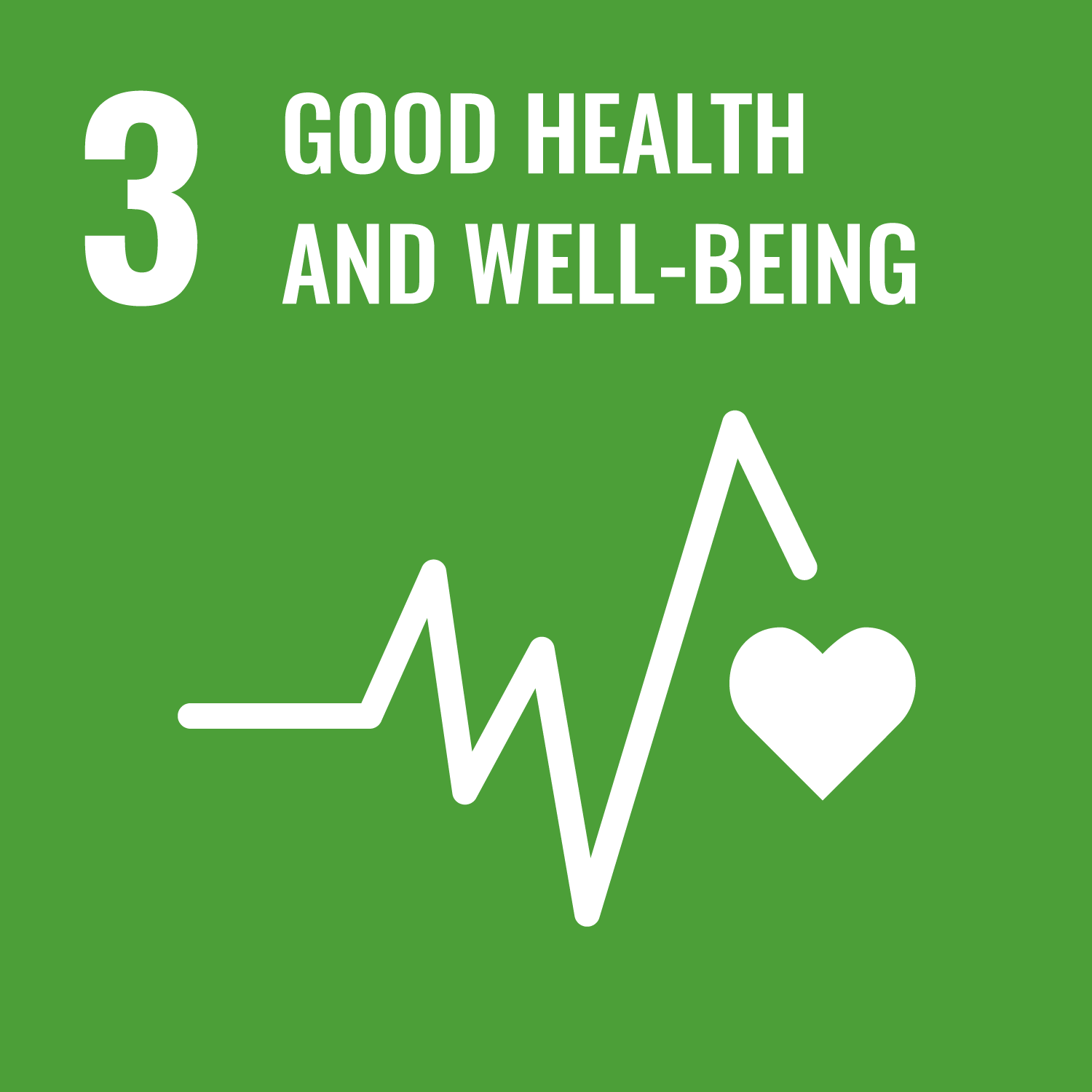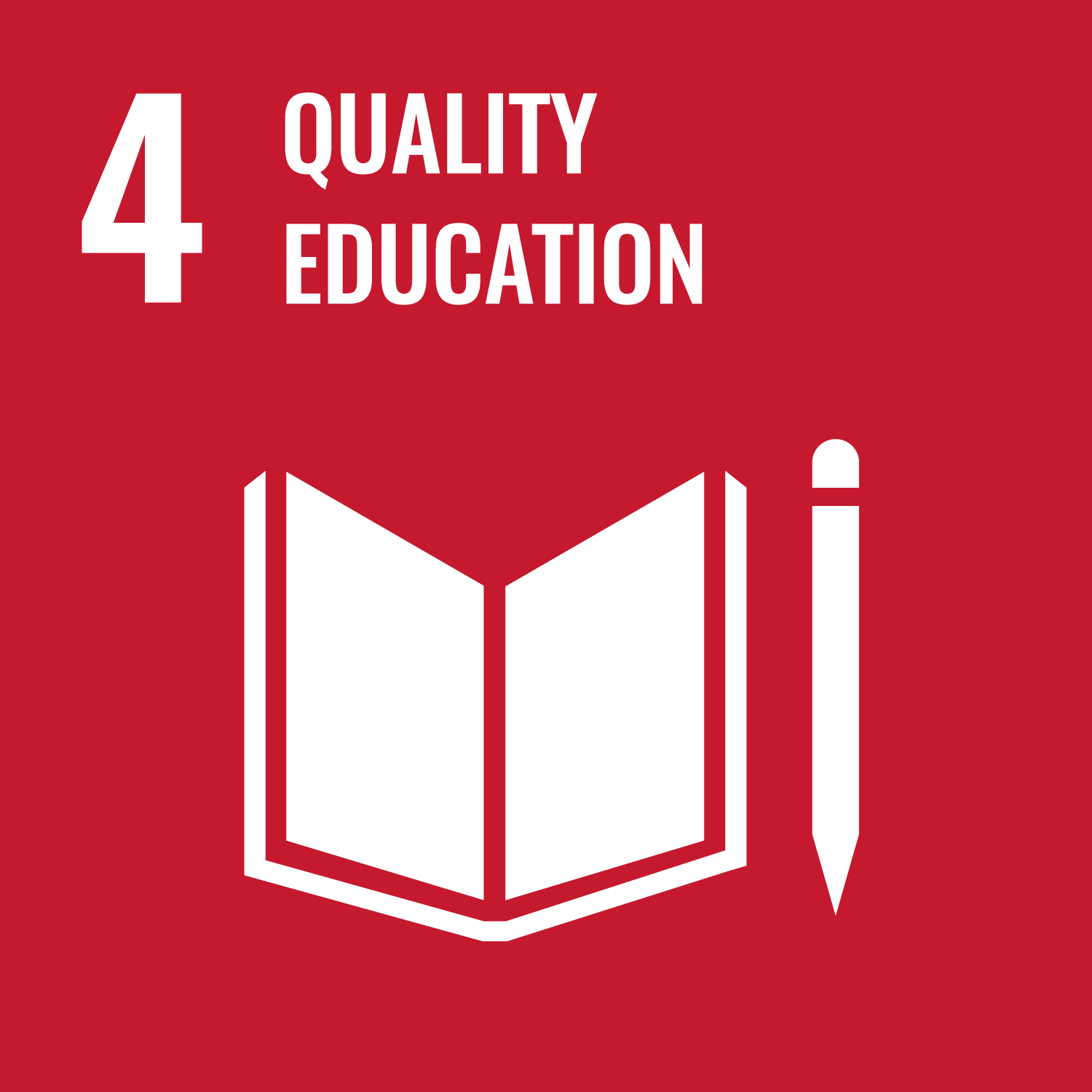Institute of Inclusive Community (IIC)
- Education
- Research
Mitsuru Hirata, Director
The Institute of Inclusive Community (IIC) was established in April 2020 based on the philosophy of “Walk with the poor, the outcasts of the world, those whose dignity has been violated, in the mission of reconciliation and justice,” one of the four Universal Apostolic Preferences of the Society of Jesus advocated by Fr. Arturo Sosa Abascal, S.J., the 31st General of the Society of Jesus, and approved by the Pope. Our goal is to clarify the issues that we should be engaging as researchers, teachers, and educational practitioners in regard to people who have become outcasts or had their human dignity violated due to differences in race or culture, or because of disability, not only in Japan, but in countries and regions all over the world, as well as to become a hub for sharing solutions to these issues globally.
Since our establishment, we have held a number of public symposiums. Some examples include Considering Schooling for Children Who Need Constant Medical Care (August 27, 2022), Culture and Mental Health-Comparing Japan and Indonesia (November 4, 2022), and Considering Support for Children With Disabled Siblings (November 12, 2022).

Considering what kind of advice and support activities specialists can provide to enable children in need of constant medical care and children with disabled siblings to receive the same high-quality education as other children is one of our highest priorities. Therefore, in addition to supporting children with disabilities and their families, we also put our energies into research and accompanying practical activities targeting children with disabled siblings, who can often get overlooked. An example of this kind of activity is our summer camps for children with disabled siblings. Below is an outline of the camp we held in August 2023. Nine elementary school students who have siblings with disabilities and 15 Sophia University students boarded a bus near the Yotsuya Campus’ North Gate which took them to an accommodation facility in the north of Tochigi Prefecture. Over two days and one night, they enjoyed playing in the water, a campfire, and other recreational activities.
They were also accompanied by the group leader and two nurses who looked after the health of the children and students. The distinguishing characteristics of the camp were as follows.
1)Child-centered principle: Students always accompany the children and do their best to fulfill each child’s wishes.
2)Buddy system: Each child is paired with at least one student and given constant, individual attention.
3)The only rule is there are no rules: Rules and restrictions are kept to the bare minimum and activities focus on giving the children agency.
4)Pick-up and drop-off: There are many cases where the households of children with disabled siblings contain a child with a disability severe enough that their guardian is unable to leave the house. In such cases, the students will take the children home after the camp ends.

These characteristics resulted in an event that was the exact opposite of a regular summer camp, where a group of multiple children is assigned one leader who supervises all of them, activities have to be carried out at set times determined by a schedule, and an emphasis is put on behavior and attitude that is in line with the rules. However, they are extremely meaningful for children with disabled siblings whose daily lives are restricted in various ways and who often lack agency. One challenge we are engaging as an institute is to scientifically verify the effects of this kind of support activity.



